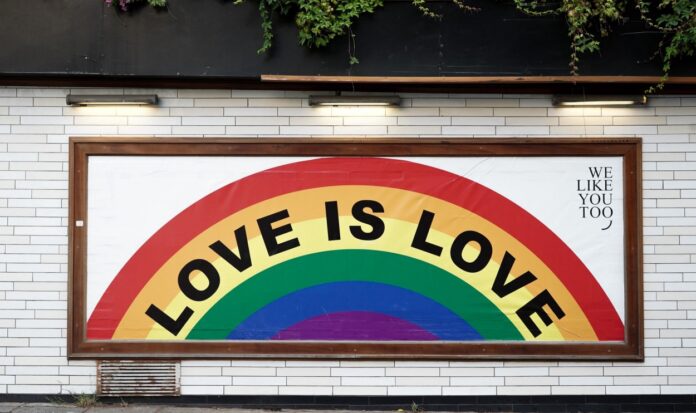By Chelsea N.Proulx M.P.H., Robert W.S.Coulter Ph.D., M.P.H., James E.Egan Ph.D., M.P.H., Derrick D.Matthews Ph.D., M.P.H., Christina Mair Ph.D., M.P.H.
Jan 26, 2019
https://doi.org/10.1016/j.jadohealth.2018.11.012
Purpose
Homophobic school climates are related to increased victimization for sexual minority youth (SMY), leading to increased risk of adverse mental health outcomes. Interventions that promote positive school climate may reduce the risk of victimization and adverse mental health outcomes in SMY. This study explored whether lesbian, gay, bisexual, transgender, and questioning (LGBTQ)–inclusive sex education is associated with adverse mental health and school-based victimization in U.S. youth.
Methods
Data analysis of representative data from the 2015 Youth Risk Behavior Survey and the 2014 School Health Profiles was conducted using multilevel logistic models testing whether youth in states with higher proportions of schools teaching LGBTQ-inclusive sex education had lower odds of reporting being bullied in school and experiencing adverse mental health outcomes, including depressive symptoms and suicidality.
Results
After controlling for covariates, protective effects for all youth were found for suicidal thoughts (adjusted odds ratio [AOR]: .91, 95% confidence interval [CI]: .89–.93) and making a suicide plan (AOR: .79; 95% CI: .77–.80). Lesbian and gay youth had lower odds of experiencing bullying in school as the proportion of schools within a state teaching LGBTQ-inclusive sex education increased (AOR: .83; CI: .71–.97). Bisexual youth had significantly lower odds of reporting depressive symptoms (AOR: .92; 95% CI: .87–.98).
Conclusions
Students in states with a greater proportion of LGBTQ-inclusive sex education have lower odds of experiencing school-based victimization and adverse mental health. These findings can be used to guide intervention development at the school and state levels.
Reference: https://www.sciencedirect.com/science/article/abs/pii/S1054139X18307973
Comment: I was curious on how sex education could help LGBTQ group in school and it seems to have positive effects. The report says that bisexual youth had significantly lower odds of reporting depressive symptoms which is interesting.





Hi Sherry, this is a really interesting report, and it’s exciting to see LGBTQ+ sex education can have residual effects on the culture of a school and bullying. This also makes me wonder how inclusive sex education that focuses on healthy relationships, love, social-emotional and psychological aspects in addition to the traditional pregnancy and STI prevention training will affect the culture and general relationships with a school or an individual’s life. For example, how learning about healthy boundaries in sex can translate to healthy boundaries in friendships, work, family and so on.